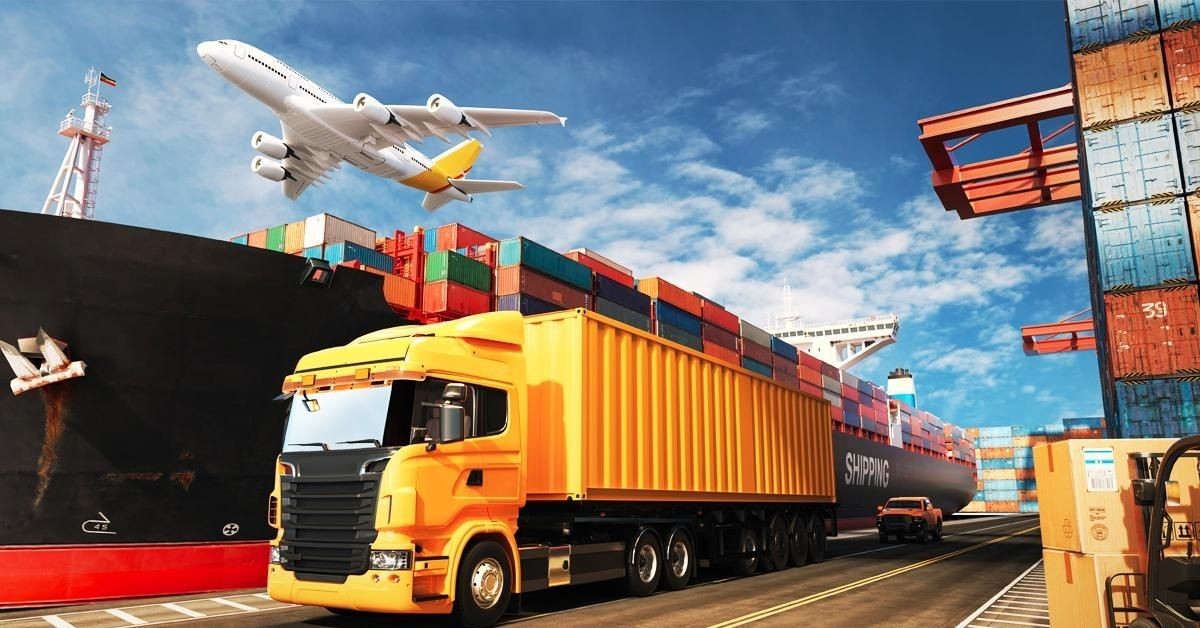Government officials have brought to notice that the current perception-based methodology does not take into consideration complete India’s reforms, such as the Logistics Data Bank and Unified Logistics Interface Platform. They have also questioned the fact that information regarding the sample size and sub-indices has not been made publicly available.
The Department for Promotion of Industry and Internal Trade (DPIIT) has put forward a proposal to engage a consultancy firm to collaborate with the World Bank for recommending improvements to its methodology, making it more comprehensive going forward and effectively encompassing India’s logistics reforms.
Sumita Dawra, special secretary (logistics), DPIIT said, “Onboarding of a dedicated team of 5-6 experts is being planned. These experts will help undertake comprehensive research of the gaps and target interventions required across the logistics ecosystem, with focus on the six parameters of the LPI.”
This index comprises six parameters including customs, infrastructure, timeliness, ease of arranging shipments, quality of logistics services, and tracking & tracing.
DPIIT has particularly recommended for comprehending the approach and methodology employed in creating the LPI. The plan should involve prescribing measures and formulating a roadmap for its error free on-ground implementation to improve India’s performance.
LPI serves as a benchmarking tool, aiding countries in recognising challenges and opportunities in their trade logistics performance. India’s ranking on the LPI improved to 38 in 2023, progressing from 44 in 2018 and 54 in 2014.
Additionally, the country’s position for international shipments climbed to 22 in 2023 from 44 in 2018, attributed to modernisation and digitalisation efforts.
The central government aspires to secure a position within the top 25 on the index, encompassing 139 countries, by 2030.
The official highlighted that key initiatives such as the National Logistics Policy and PM GatiShakti National Master Plan are crucial steps that will contribute to enhancing India’s ranking and need to be comprehensively acknowledged.
The National Council of Applied Economic Research (NCAER), an economic think-tank, has projected India’s logistics cost for FY22 to be in the range of 7.8 per cent to 8.9 per cent of the gross domestic product.
In recent years, the government has implemented various measures to streamline logistics processes, including customs clearances, to enhance efficiency.








